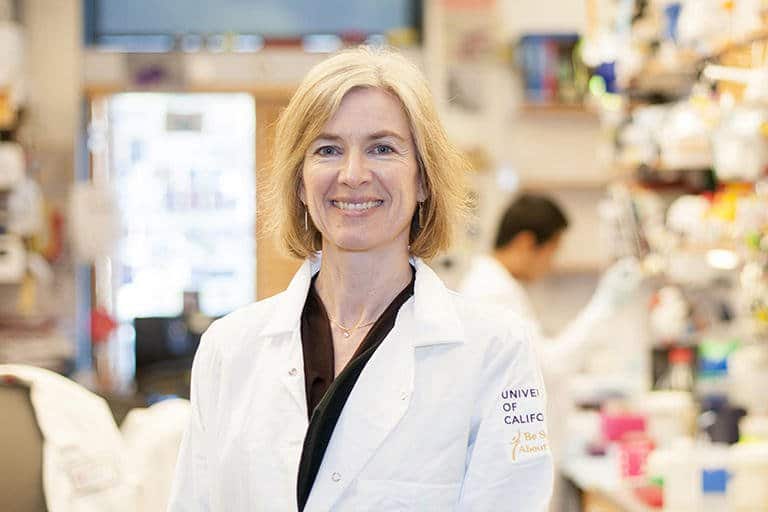The 2020 Nobel Prize in Chemistry was awarded to the two scientists who discovered and perfected the CRISPR / Cas9 gene editing tool.
It is one of the most important scientific discoveries of the last decade. CRISPR enables relatively simple gene editing and could revolutionize medicine, agriculture and other fields.
The winners of the Nobel Prize in Chemistry 2020: genius and perseverance

Never was a prize more deserved. The initial discovery was made by Emmanuelle Charpentier, of the Max Planck Unit for the Science of Pathogens. While studying the bacterium Streptococcus pyogenes, discovered a new molecule later called tracrRNA, which plays an important role in the insect's immune system.
Just like our immune system, bacteria retain a "memory" of the viruses that infect them to defend themselves from future infections. To do this, the tracrRNA molecule extracts a section of the virus' DNA and inserts it into the bacterium's genome, so the next time they encounter that pathogen they can recognize it and disarm it.

After Charpentier published this discovery in 2011, he teamed up with jennifer doudna from UC Berkeley, who had studied a class of bacterial proteins called Cas that functioned very similarly to tracrRNA. Together, Charpentier and Doudna were able to reprogram the CRISPR/Cas system so that it could recognize not just viral DNA, but any target sequence, and make a cut.
CRISPR can change humanity
The gene editing technique perfected by the two winners of the 2020 Nobel Prize in Chemistry (the first to be shared between two women) is very young. Although theorized since 1987, CRISPR found its real application only 8 years ago, in 2012.
And in 8 years it has already begun to show what revolutions it can be capable of.
On FuturoNossimo I talked about it several times, also hosting Jennifer Doudna's April 2019 predictions. In the post you find here I told you about how the scientist predicts that the first, real revolutions of CRISPR will be in the agricultural field.
In reality, we don't know where this tool capable of making DNA modifications even "in real time" will take us. directly into the organism we want to “edit”.
“Genetically edited” organisms can lead us to a sea of things: from healthier foods and anti-obesity to cure for herpes. From disappearance of gray hair to xenobots, passing through the body hacking to finish at defeat of Cancer and HIV


